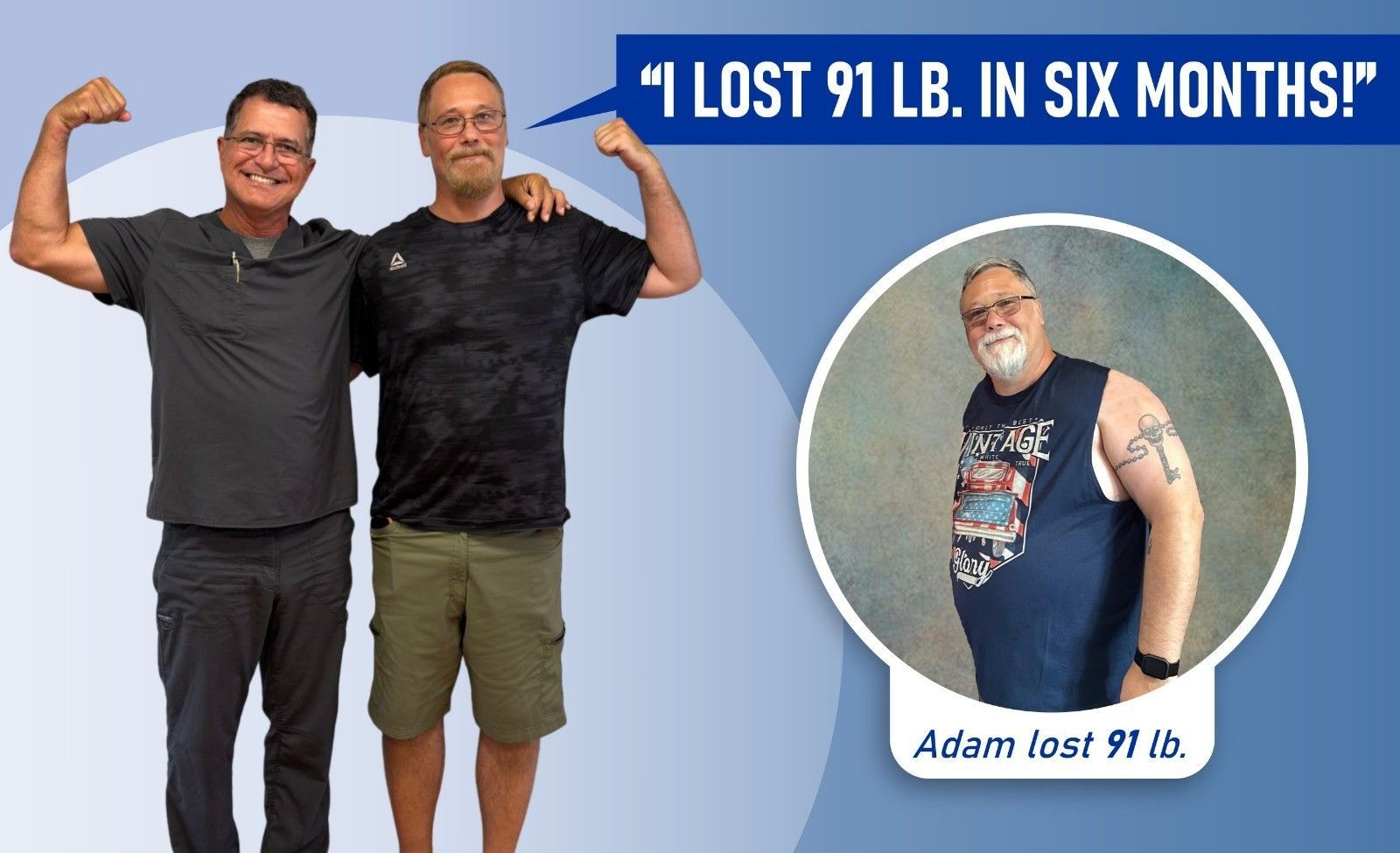As soon as you make the decision to have a weight loss operation, there are big and small changes that you can start working on in your life. Prior to your operation, you should evaluate your own habits and make changes as needed.
Some areas of your life that may require alteration prior to surgery include:
Smoking habits: Smoking can increase your risk of post-surgical complication and is not a recommended practice for those pursuing weight loss surgeries. Quit smoking at least 2 weeks prior to your bariatric operation, and stay off for another 2 weeks after surgery. It is greatly recommended that you quit completely.
Limit alcohol:
While alcohol does not need to be permanently eliminated from your diet, it is not recommended during the early stages of your recovery period. Alcohol drinks hi in carbohydrate can interfere with your weight loss progress. Talk to your weight loss surgeon to determine when alcohol is safe to reintroduce to your diet.
Nutrition habits:
Prior to your weight loss operation, you should gradually begin adjusting your diet to one similar to that outlined by your weight loss surgeon as a healthy post-bariatric diet plan. You may be advised to begin taking multivitamins at this time to help supplement your nutrient intake.
Begin exercising:
Starting with your new fitness habits prior to your weight loss operation allows for an easier transition to the post-bariatric lifestyle, and is even associated with faster recovery times.
You can start making the above changes early on as you prepare for bariatric surgery. As your surgical date approaches, begin considering more time-sensitive instructions, like:
- What to do the week before surgery
- What to do the day before surgery
- What to do the day of surgery
- What to expect at the hospital
In addition to these lifestyle habits, there are several other factors that you will need to address prior to your bariatric operation. You will need to have a friend or family member at the hospital with you before and after your operation, and to assist you getting home. Once home, you should have someone staying with you the first night to assist you as your body initially recovers and you cope with any post-operative discomfort.
Citations:
Collazo-Clavell, M. L., Clark, M. M., McAlpine, D. E., & Jensen, M. D. (2006). Assessment and preparation of patients for bariatric surgery. Mayo Clinic Proceedings , 81(10), s11-17.








